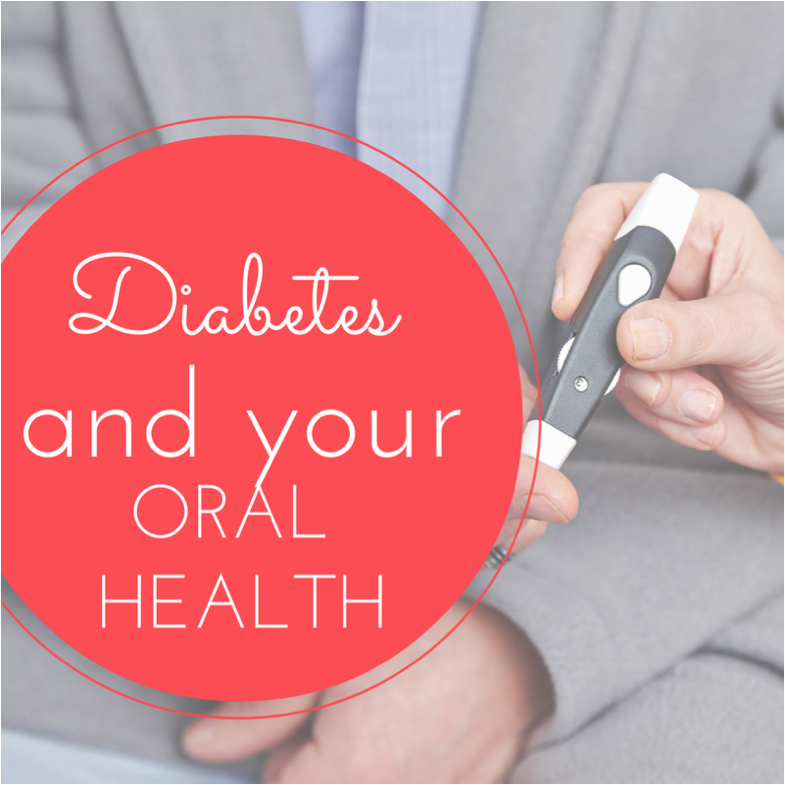
Let’s talk about how sleep apnea affects immune system … Are you going to bed every night, but waking up feeling cranky, tired, and drowsy? You may not be getting as much sleep as you think you are, and you definitely aren’t alone. Approximately 25 million adults in the U.S. suffer from this chronic condition.
Sleep Apnea is an extremely common problem that makes it very difficult to get a healthy amount of sleep at night. When we don’t get enough sleep, our entire body suffers for it and our immune system can also be at risk.
Sleep apnea explained HERE by The Mayo Clinic.
Effects on the Body
When we do sleep well, our body releases proteins called cytokines. According to the Mayo Clinic, “Certain cytokines need to increase when you have an infection or inflammation, or when you’re under stress. Sleep deprivation may decrease production of these protective cytokines. In addition, infection-fighting antibodies and cells are reduced during periods when you don’t get enough sleep.”
Common symptoms of sleep apnea often include:
- Irritability
- Headaches
- Tiredness
- Trouble paying attention/focus
- Sore throat in the mornings
- Dry mouth
Related Article: Sleep Apnea Symptoms: Can it be treated?
How Sleep Apnea Works
Sleep apnea causes your breathing to pause while sleeping. Repeated breathing pauses occur when your muscles relax while sleeping, as soft tissue collapses and blocks the airway and reduces your oxygen levels. When this happens, your body’s natural reaction is to wake up so you can resume breathing normally.
So, when we’re waking up throughout the night due to breathing interruptions, you’ll be left feeling tired the next day. However, sleep apnea can cause more than just tiredness and irritability. If left untreated, sleep apnea affects immune system issues and has been linked to cause problems, such as:
- Autoimmune diseases
- Heart disease
- Diabetes
- Stroke
- High blood pressure
- Acid reflux
- Erectile dysfunction
- Other long-term health risks
Related Articles:
- Without Sleep Apnea Treatment, more than your sleep can be affected
- Is Childhood Obesity Causing Sleep Apnea?
Learn More about the link between autoimmune diseases and sleep apnea HERE.
GPS Dental Can Help
Research does show that using an oral appliance, or mouthguard, is a helpful and effective treatment for sleep apnea. Your mouth guard only has to be worn when sleeping, and will support your jaw and open up your airway to stop any breathing interruptions.
At GPS Dental, we have helped many patients suffering from sleep apnea for several years now and look to continue doing so as the annual number of sleep apnea suffers within the U.S. continues to increase. If this sounds like you, come see us here at GPS Dental as by visiting our offices, Dr. Skrobanek can assess your sleep apnea and determine if the MAD appliance is right for you!
Related Article: How GPS Can Help with Obstructive Sleep Apnea
Many dental insurance companies cover mouth guards, and it’s a wonderful option for keeping your immune system healthy and getting a good night’s rest. Learn about Sleep Apnea Treatment in San Antonio.
Related Article: Sleep Apnea Treatment in San Antonio
Read more sleep apnea blogs by GPS Dental.
Dr. Gary P. Skrobanek’s experienced and friendly team at GPS Dental offers family dentistry for all ages in San Antonio, TX area. Our Brooks City Base dentist office is conveniently located and offers early morning appointment times Monday through Friday to meet your needs. At GPS Dental, we promote dental health awareness to our patients and provide most dental services, from family and general dentistry to dental implants, sleep apnea, TMJ / TMD Treatment, cosmetic dentistry and much more. We accept most dental insurance plans and offer affordable financial solutions for any budget. Call us at 210-633-3477 to make an appointment.








